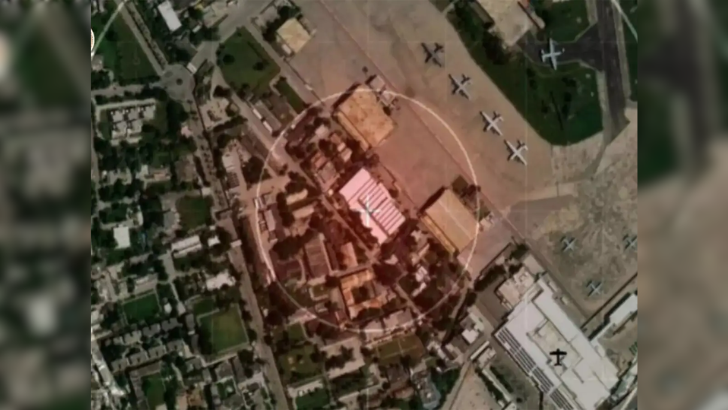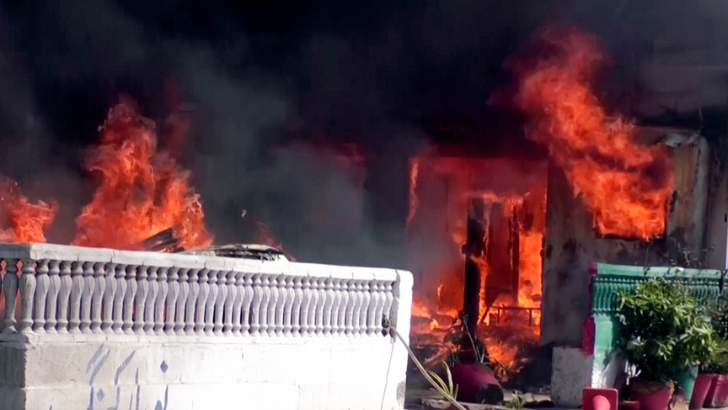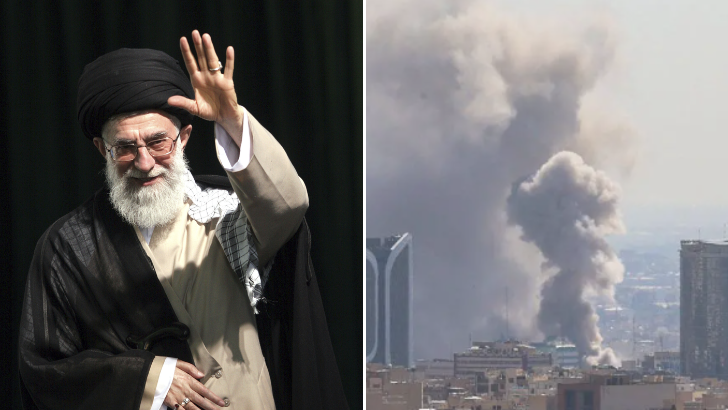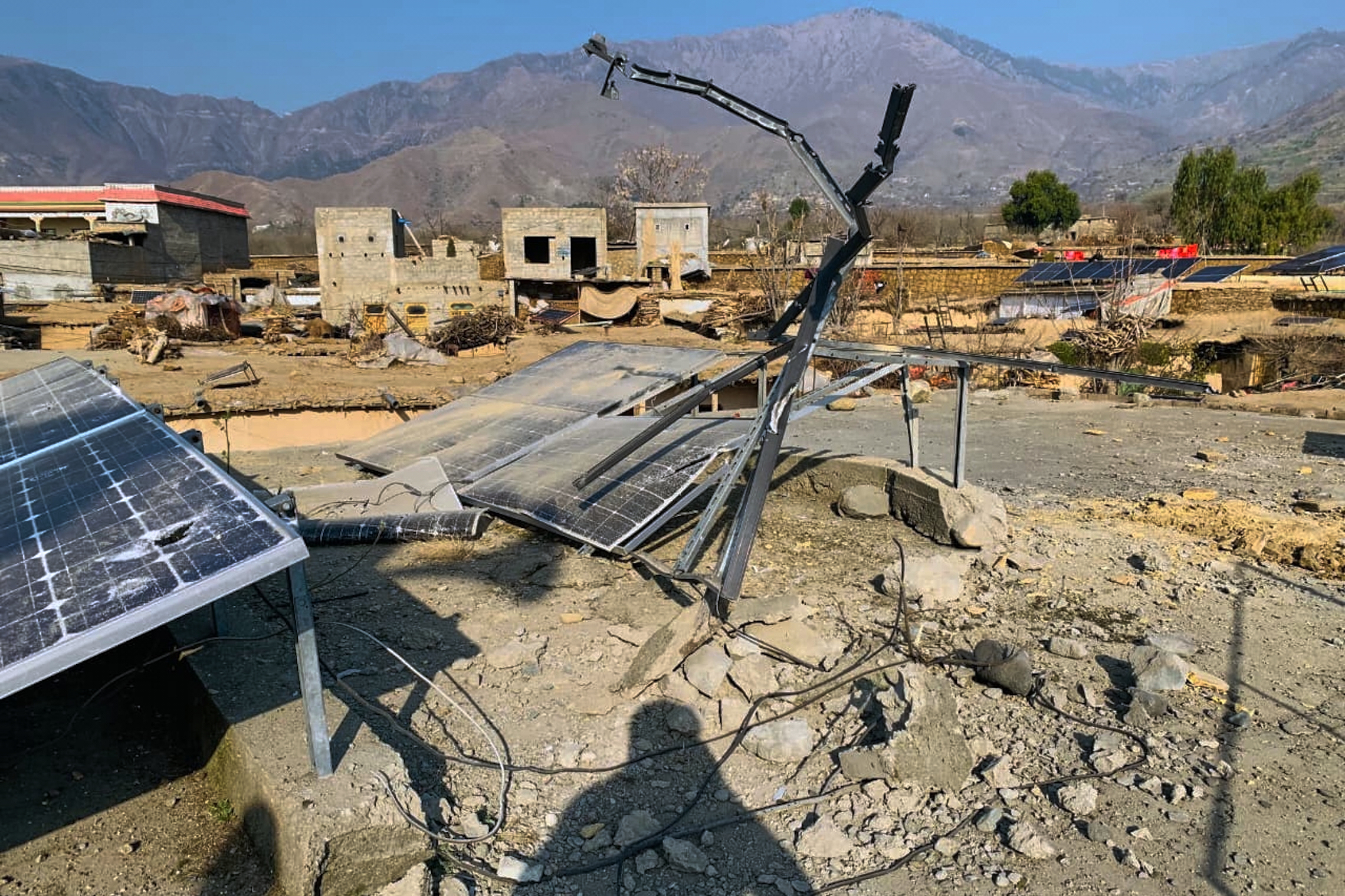Polio virus detected in sewage samples from 18 districts of Pakistan
The samples were collected from 18 districts across all four provinces of Pakistan between February 21 and March 6. To combat this, nationwide polio vaccination campaigns are underway, with additional measures such as parental arrests for refusal
ANI
-
This year, Pakistan has already reported six confirmed polio cases
Bengaluru, 23 March
Wild poliovirus type 1 has been detected in sewage samples taken from 18
districts across all four provinces of Pakistan. The environmental samples were
collected between 21 February and 6 March. The report has been confirmed by the
Regional Reference Laboratory for Polio Eradication at Pakistan's National
Institutes of Health.
The affected areas include 12 districts in Sindh, two districts each in
Punjab and Khyber Pakhtunkhwa, one district in Balochistan, and Islamabad.
Namely, Islamabad, Chaman, South Waziristan, Dir, Lahore, Dera Ghazi Khan,
Badin, Dadu, Hyderabad, Jacobabad, Shaheed Benazirabad, Sujawal, Qambar,
Sukkur, Karachi East, Karachi West, Karachi Central and Kemari.
While most districts tested positive, four areas showed no signs of the
virus. This year, Pakistan has already reported six confirmed polio cases.
Among these four cases are from Sindh and one each from Khyber Pakhtunkhwa and
Punjab. In 2024, 74 cases were reported in the country, with cases mainly in
Balochistan, Khyber Pakhtunkhwa and Sindh.
Counteractively, the first nationwide polio vaccination campaign has
been launched in Pakistan. All followed by a partial IPV-OPV polio [injectable
polio vaccine] campaign in Quetta and Karachi on 20 and 22 February
respectively. Despite repeated warnings, parents who refused vaccination were
taken into custody.
According to the World Health Organization (WHO), Polio is a highly
infectious disease that can cause paralysis and even death, with no cure
available. However, vaccination is the most effective way to protect children
from this crippling disease. Children under the age of 5 are mainly affected by
polio. However, anyone of any age who is not vaccinated can be infected with
the disease. Multiple doses of oral polio vaccine and completion of routine
immunization schedules is essential to provide high immunity against polio.
To combat the resurgence of polio, the Pakistan Polio Programme is running several mass vaccination campaigns each year, with vaccines delivered directly to children's homes. Additionally, the Expanded Programme on Immunisation provides free vaccinations against 12 childhood diseases at health facilities.
Leave a Reply
Your email address will not be published. Required fields are marked *








.png)


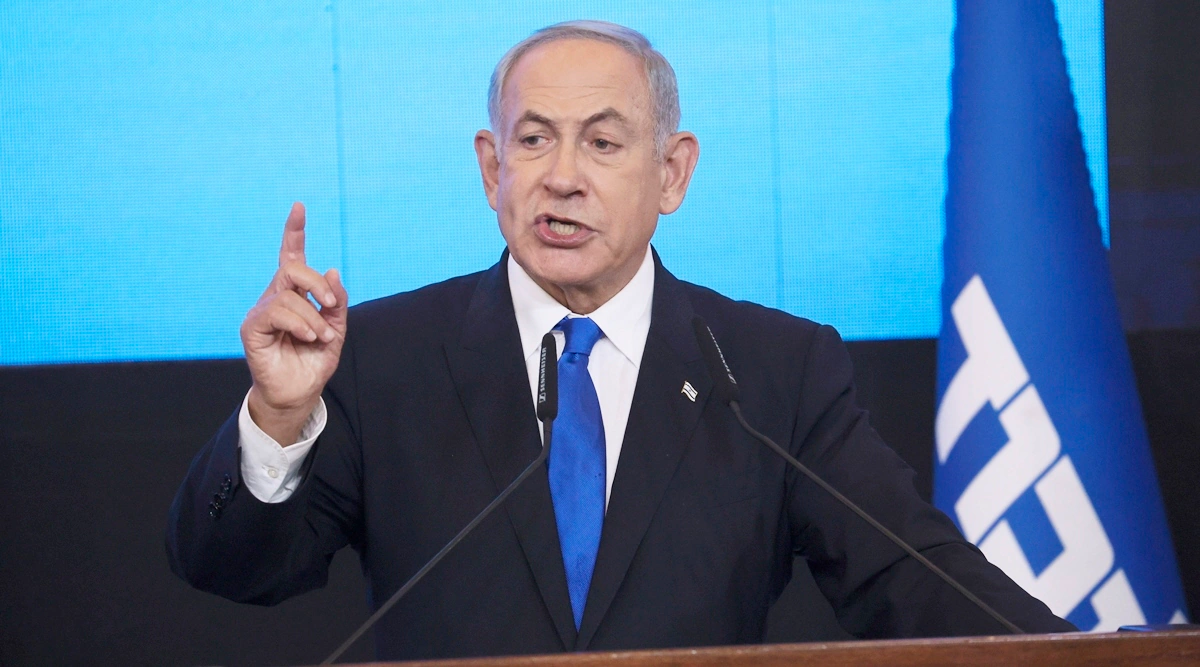
.jpg)
